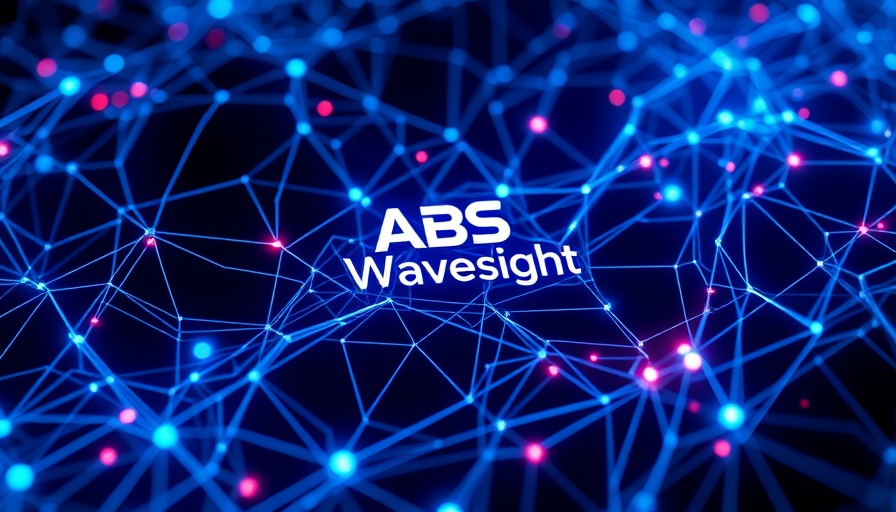
Navios Maritime Partners Leverages Technology for Compliance
As of January 1, 2025, ship operators calling on European Union (EU) ports must adhere to rigorous fuel data collection and reporting requirements. In response, Navios Maritime Partners has begun utilizing the ABS Wavesight platform to ensure compliance with the FuelEU Maritime Regulation and the EU Emissions Trading System (EU ETS). This strategic move towards automation reflects a growing trend in the maritime industry aimed at enhancing sustainability and operational efficiency.
Understanding FuelEU and EU ETS Regulations
The Fuel EU Maritime Regulation includes essential measures to address greenhouse gas (GHG) emissions from ships, highlighting three critical requirements: reducing GHG intensity, promoting the use of onshore power in major ports, and encouraging the adoption of sustainable fuels. Concurrently, the EU ETS establishes emissions caps for the maritime sector, continuously tightening its grip on CO2 allowances year-on-year. Together, these frameworks signal a transformative phase for the maritime industry, driven by environmental accountability.
ABS Wavesight: The Future of Compliance
Utilizing ABS Wavesight, Navios can automate its data reporting processes. This significant technological partnership not only enhances operational efficiency but also enriches compliance strategies with integrated emissions tracking and environmental monitoring. Staci Satterwhite, CEO of ABS Wavesight, states, “By combining state-of-the-art capabilities with a simplified connection for statutory compliance, clients now have a seamless experience.” This reflects an industry shift towards digital solutions that streamline adherence to complex regulatory landscapes.
Enhancing Operational Efficiency and Responsibility
Chara Papaefthymiou, the technical director for projects at Navios, emphasizes the company's unwavering commitment to the decarbonization of its fleet. The adoption of ABS Wavesight’s fully digitalized solution allows for on-demand emissions validation and voyage emissions statements, ensuring accurate and efficient reporting. By embracing technological innovations, Navios is well-positioned to navigate the evolving regulatory environment while prioritizing its environmental responsibilities.
Future Implications for the Maritime Industry
The integration of technologies like ABS Wavesight is not just a step towards regulatory compliance; it represents a broader industry trend where digitization leads to better resource management and operational transparency. As global pressures to reduce emissions intensify, ship operators who invest in technological advancements will likely find themselves at an advantage, ensuring they are not only compliant but also leaders in sustainable practices.
Global Comparisons: What’s Happening Beyond the EU?
While EU regulations are particularly stringent, other global markets are also pushing for enhanced environmental standards. Similar frameworks will likely emerge in different jurisdictions as governments recognize the urgent need to combat climate change. Shipowners across the globe might need to evaluate their strategies regarding emissions reduction and compliance in anticipation of tougher regulations.
Conclusion: Navigating a New Era in Shipping Compliance
As the maritime industry adjusts to stricter regulations, the collaboration between ship operators like Navios Maritime Partners and innovative technology platforms like ABS Wavesight will prove essential. These strategies not only secure compliance but pave the way for a greener maritime future. The ripple effects of these changes will influence operations on an international scale, creating new standards for efficiency and sustainability across the sector.
 Add Row
Add Row  Add
Add 




Write A Comment